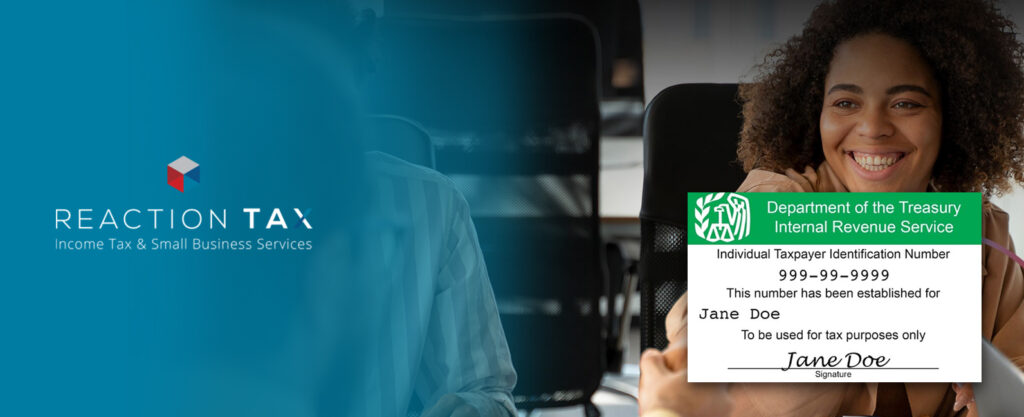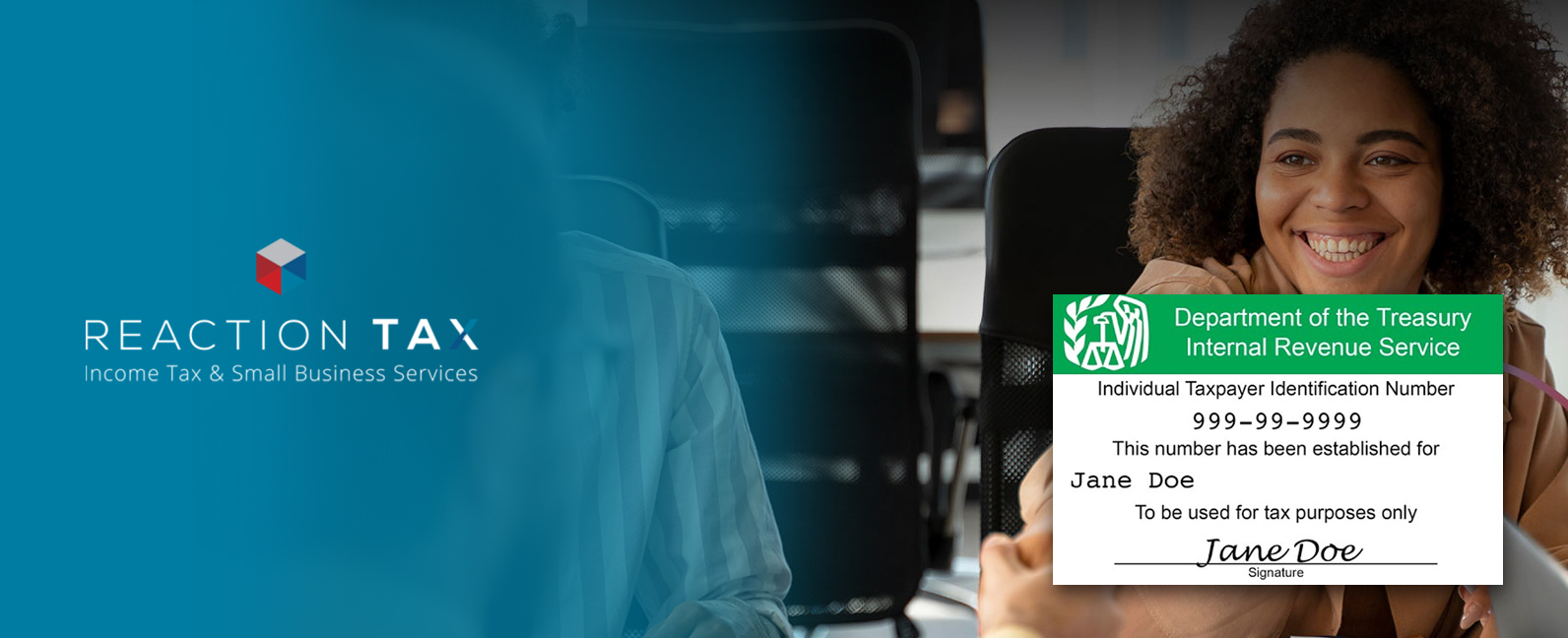Everything You Need to Know About Filing your 2022 Tax
Everything You Need to Know About Filing your 2022 Taxes | Reaction Tax Preparation Services


Filing taxes can be daunting for many individuals, but it is a necessary part of managing your finances. This article will cover everything you need to know about filing taxes for 2022.
Know Your Filing Status
Your filing status is an important consideration when filing taxes. There are five filing statuses: single, married filing jointly, married filing separately, head of household, and qualifying widow(er) with dependent child. Each status has different tax brackets and deduction limits. Choose the status that best reflects your situation.
Gather Your Documents
Before you start filing taxes, you must gather all the necessary documents. These include your W-2, 1099s, and other income or tax statements. If you have any deductions, ensure you have the relevant receipts and documentation for every deduction.
Understand Tax Deductions and Credits
Tax deductions and credits can help reduce the amount of taxes you owe. Deductions are expenses that reduce your taxable income, while credits directly reduce the amount of taxes you owe. For the everyday American, some standard deductions include mortgage interest, charitable donations, and student loan interest. Although, most taxpayers will take the “standard” deduction. Common tax credits include earned income tax.
Choose Right Tax Preparation Method
There are several ways to prepare and file your taxes. You can use tax preparation software, hire a tax professional, or file by paper. The method you should go with depends on your situation. For the most accurate and best result, we always recommend hiring a tax professional that can ensure everything is filed correctly. If you owe back taxes from other years, the highly recommend hiring a tax resolution specialist to look into your case to ensure e IRS does not garnish your wages or put a tax levy on your assets.
File on Time
The tax filing deadline for 2022 is April 18, 2023. Make sure you file your taxes on time to avoid penalties and interest. You can request an extension if you cannot file by the deadline. But remember, an extension only relates to the filing of the return. If you owe for 2022, and you file an extension, what you owe must be paid in with the extension to avoid failure to pay penalties.
Pay Any Taxes Owed
If you owe taxes, make sure you pay them on time. The IRS offers several payment options, including online payment plans, direct debit, check, or money order. Failure to pay taxes owed can result in penalties, interest charges, and, worst-case scenario, tax liens and garnishments.
Keep a Copy of Your Tax Return
Make sure to keep a copy of your tax return for your records. You may need it for future reference or to apply for loans or financial aid.
What to Do If You Owe Back Taxes
If you owe back taxes, the most important thing you can do is take action. Ignoring your tax debt will only worsen the situation, as the IRS will continue to assess penalties and interest on the amount owed. Contact a tax resolution specialist to review your case, and let them guide you through the process to ensure you don’t jeopardize your financial future.
Our firm specializes in tax resolution EA that can represent you before the IRS. We serve clients virtually, so don’t hesitate to reach out. If you want an expert tax resolution specialist who knows the “ins and outs’ and how to navigate the IRS maze, reach out to our firm, and we’ll schedule a no-obligation confidential consultation to explain your options to resolve your tax problem permanently. Contact us now!.
In conclusion, filing taxes can be overwhelming, but it doesn’t have to be. By understanding your filing status, gathering necessary documents, taking advantage of deductions and credits, filing on time, paying any taxes owed, and keeping a copy of your tax return, you can ensure a successful tax filing experience in 2023.
Everything You Need to Know About Filing your 2022 Tax Read More »



